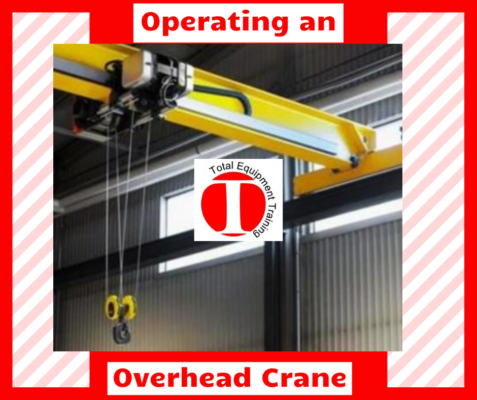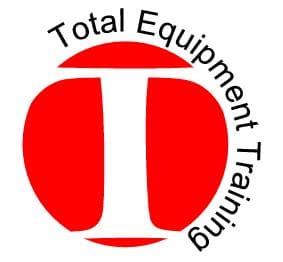
Overhead cranes are powerful load-moving utilities that make use of the overhead space in industrial facilities, such as warehouses and assembly lines. They are comprised of support beams spanning the width of the site structure, with hoists to attach loads and tracks to move them from one area of the facility to the other.
As with all heavy machinery, there is risk associated with their improper and/or careless use; the most direct threat being falling loads. Therefore, it is prudent for all personnel (from site managers to the crane’s operators) to demonstrate the capacity to properly operate and maintain a safe working environment for overhead cranes.
Overview of How to Operate an Overhead Crane Accurately
There are four major factors to consider when correctly and accurately operating a crane:
1. Before Lifting
Check the load to make sure it’s secured safely. It should not exceed the crane’s load limits -with the boom extended or not- and the hoisting mechanism should be in a condition fit for the task.
2. Movement During Lifting
Keep the crane’s movement fluid from hoist to placement. The operator should only acknowledge movement signals from the signal person unless an ‘emergency stop’ signal is given. Do not keep the load hoisted; the operator should set it down safely in case of a break-in communication. The load path should also be clear of any obstruction.
3. Exiting the Crane Booth/Leaving Crane Operation
Remove any items from the hoisting mechanism, leaving the hook raised to a mid-extension position, in a safely designated position. Finally, ensure all inputs and controllers are in the ‘off’ position before turning the main switch.
4. What to Avoid
No personnel should ride on a load. Do not pass the load over any site workers. Also, keep the crane runway clear, especially during operation.
Click here for mobile crane training
Why is Overhead Crane Operator Training Necessary?
The most important reason why overhead crane training is needed is to enhance safety on the worksite. Trained crane operators are less likely to pose hazards to their fellow staff and work environments, since they know procedures and protocols that actively avoid danger. Certified overhead crane operators also enjoy access to improving their livelihoods by advancing their careers.
Click here for a FREE overhead crane inspection form.
Do You Need a License to Operate an Overhead Crane?
As stipulated by the national safety regulator OSHA, all employers must be able to provide proof of training evidenced by practical and written testing records to validate that their crane operators are qualified to operate the equipment they work on in the workplace.
Request a qualified overhead crane inspector
How do Overhead Crane Operators Get Certified?
The national certifying body for crane operators is the CCO (National Commission for the Certification of Crane Operators). To attain certification (licensing) for overhead crane operation, the candidate must first pass practical and written examinations. They can take these in whichever order, as long as they are done within 12 months.
Inclusive of passing practical and written examinations, the CCO also requires that the candidate:
- Be at least 18 years old
- Comply with CCO’s Code of Ethics
- Comply with CCO’s Substance Abuse Policy
Take the CCO Mobile Crane practice test today!
How Much Do Overhead Crane Operators Make?
The average rate range for overhead crane operators is $15 to $17 per hour. This comes to an annual average of around $30,428 to $33,150. Auxiliary costs such as insurance are often catered for by the employer, typically a construction company.
Click here to learn about the real cost of heavy equipment training.
TET: Preparing and Training Overhead Crane Operators
As an employer or a site worker, it is prudent to seek out organizations that will provide high-quality, cumulative study materials delivered comprehensively and accurately. Total Equipment Training provides overhead crane training and preparation, but a myriad of training for other heavy machinery operations. Make your worksite both safe and competent by reaching out to them.

